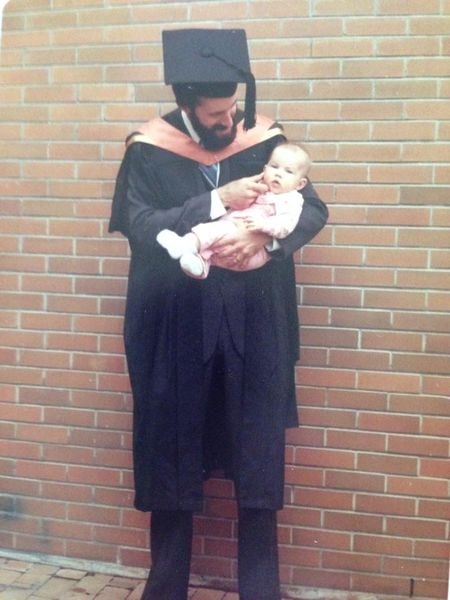Fiction, Memory, and Family
By Erin Frances Fisher
I reread books, often because a story or scene moved me and I want to know how the writer engineered it. It’s exciting to flip back to the first page and say, “of course! Of course the story ends that way.”
Lately though, I’ve been rereading books I read years ago with the same intent—looking for set up—only to realize these past reads are different than I remember. The scene I’m looking for isn’t actually in the story. A forgotten narrative side-arc pops into a novel. The narrative in my memory is vastly different than the hard copy.
The stories in That Tiny Life are fiction. There’s very little that happens in my stories derived from actual events. But I wrote them, so the details are full of pieces of me: what I experience, research, and imagine. My fear of snorkelling turned up in the collection’s novella, as did my fear of holding hawks, and other fears. I wrote a story placed in Canada’s far north where I lived briefly when I was very young—the house on crooked stilts, trips on the ice road, my sister and I not believing the sun rose in the winter below the arctic circle.
It’s fiction. But part of story is the reader, and when the reader is family, they bring themselves and memories of you, the writer, to the book. I was surprised when my Dad, after reading the novella, said “I remember when your high school dissected that cow.” Mainly because that never happened—I’ve never dissected a cow, and my weird writerly search history will attest to that.
The story in That Tiny Life most connected to memory (for me, anyway) is the story that takes place in the north. I was five when we left Inuvik, and I’m not sure if the memories I have are mine, or if they grew during slide shows and family stories. In writing the protagonist’s road trip home over the ice road, I decided to take his personal nostalgia and push memories out of joint—colour and landscape bigger than real life—and use impossibilities, like a caribou frozen standing.
Your CanLit News
Subscribe to Open Book’s newsletter to get local book events, literary content, writing tips, and more in your inbox
Fiction, I think, needs to come from a place of hope and love. Reliving the memories that stick with us, turning them around and to see their different facets, or realizing that what I remember is impossible or contradicted by another memory—there’s wonder in that.
This is my last post as WIR. The holidays are coming up in a few weeks, and I expect to sit around in my parents house with my sister and her new baby, remembering things wrongly.
Erin and her dad, in a moment where his memory definitely takes precedence
The views expressed in the Writer-in-Residence blogs are those held by the authors and do not necessarily reflect the views of Open Book.
Erin Frances Fisher (MFA UVic, AVCM pedagogy/performance) is a writer and musician in Victoria, BC. Her short story collection THAT TINY LIFE was published by House of Anansi Press, March 2018, was a finalist for the Ethel Wilson Fiction Prize at the 2019 BC Book Prizes, and runner-up for the 2018 Danuta Gleed Literary Award. Her stories have appeared in Granta, The Malahat Review, PRISM international, Riddle Fence, and Little Fiction. She is the 2014 RBC Writer’s Trust Bronwen Wallace Emerging Writers recipient. Erin teaches piano at the Victoria Conservatory of Music, and is a sometimes sessional writing instructor at the University of Victoria.
Website: www.erinfrancesfisher.ca




